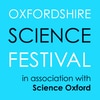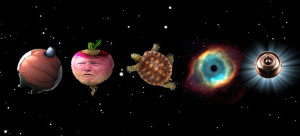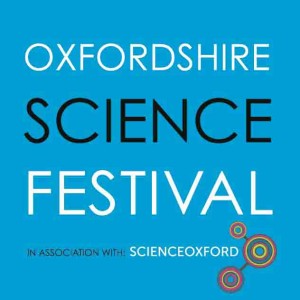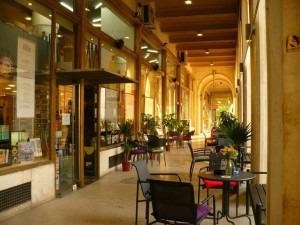Quantum mechanics is an extraordinarily successful scientific theory, on which much of our modern, tech-obsessed lifestyles depend, from smartphones to streaming to satellites. It is also completely bonkers. Although quantum mechanics quite obviously works, it leaves us chasing ghosts and phantoms, particles that are waves and waves that are particles, cats that are at once both alive and dead, lots of seemingly ‘spooky’ goings-on, and a desperate desire to lie down quietly in a darkened room.
In the 1920s and 30s, Albert Einstein debated the nature of quantum reality with Danish physicist Niels Bohr. This was, quite simply, the most thrilling debate in the entire history of science, and it remains completely unresolved. Today, scientists are confronted with a rather desperate choice. Do they accept that we’ve reached a fundamental limit in our ability to comprehend reality? Do they just ‘shut up and calculate’? Or do they indulge their inner metaphysician, and speculate about how reality might be in an attempt to explain how quantum mechanics actually does what it does. This is not without its dangers, as speculation unconstrained by evidence can serve to undermine the very foundations of science itself. In this talk, science writer Jim Baggott will explain why quantum mechanics poses such serious problems for our understanding of reality, and what some modern scientists are trying to do about that. There will be no hard sums.
Jim Baggott is a former academic scientist turned award-winning science writer and author of books such as The Quantum Story, Origins, Mass, and Quantum Space, which will be published in November. He has been writing about quantum mechanics (among other things) for more than 25 years. He still hasn’t figured it all out yet, but he has discovered that talking about quantum mechanics is a useful kind of therapy. Please help him by coming along to listen and by asking him difficult questions.
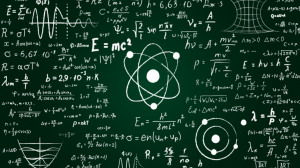
Doors: 7pm / Talk starts: 7.30pm
View Event Website

